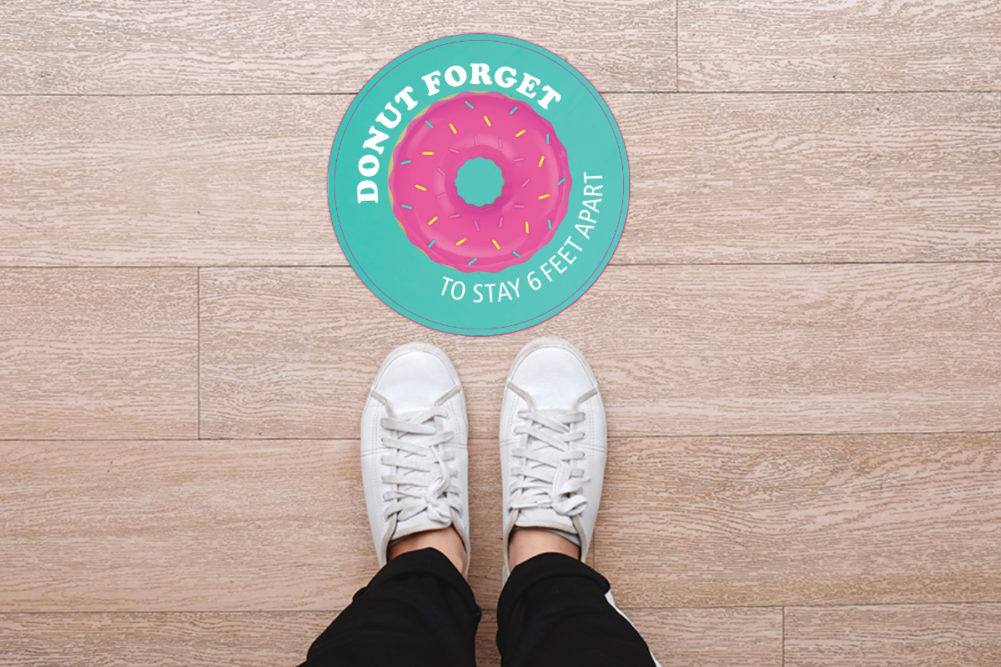The Centers for Disease Control and Prevention published more detailed guidelines for reopening restaurants.
The new directives stress the importance of social distancing.
“The more an individual interacts with others, and the longer that interaction, the higher the risk of COVID-19 spread,” the CDC said, noting that the lowest risk is in restaurants that only offer drive-thru, delivery, takeout and curbside pickup.
Operators should designate one staff person each shift to be responsible for responding for COVID-19 concerns. Employees should notify the establishment’s contact if they have symptoms of or tested positive for COVID-19, or if they were exposed to someone with COVID-19 in the past two weeks.
Restaurant layouts should be modified to allow for at least six-foot social distancing by marking tables that are not in use. Physical guides, such as tape on floors or sidewalks and signage, should also be used. Crowds should be discouraged through the use of phone apps, text technology, or signs to alert patrons when their table is ready. Buzzers and other shared objects should not be used, and self-serve food and drink options such as buffets, salad bars and drink stations should be avoided.
The CDC also encouraged operators to consider options for dine-in customers to order ahead of time to limit the amount of time in the establishment.
Physical barriers like sneeze guards and partitions should be used in areas where six-foot social distancing is difficult. This includes kitchens, cash registers, host stands and food pickup areas. Shared spaces, like break rooms, should be closed or their usage staggered.
Restaurants also should offer options for employees who are at a higher risk for severe illness from COVID-19 to limit their risk of exposure. Potential options include jobs with limited person-to-person contact, such as inventory management or administrative work. All employees should be discouraged from using public transit when possible, and all staff should be provided with cloth face coverings such as masks.
Operators also should supply adequate hand sanitizer with at least 60% alcohol, on every table if possible.
The CDC provided links to signs, which it recommends posting in highly visible areas such as entrances and restrooms. The signs offer information on protection measures, including handwashing and how to effectively use face coverings.
Single-use menus, condiments and food containers are encouraged along with disposable utensils, dishes, napkins and tablecloths. If that is not possible, operators should ensure employees handle those items with gloves. Containers and utensils brought in by customers should not be used.
Contact-free payment options should be encouraged, and cash and cards should be placed on a tray or other surface rather than hand-to-hand contact.
Operators should ensure ventilation systems operate properly and increase circulation of outdoor air as much as possible by opening windows and doors and prioritizing outdoor seating, the CDC said.




